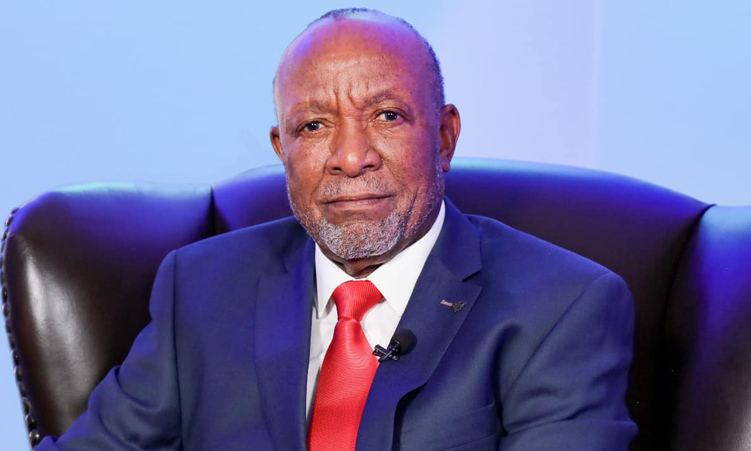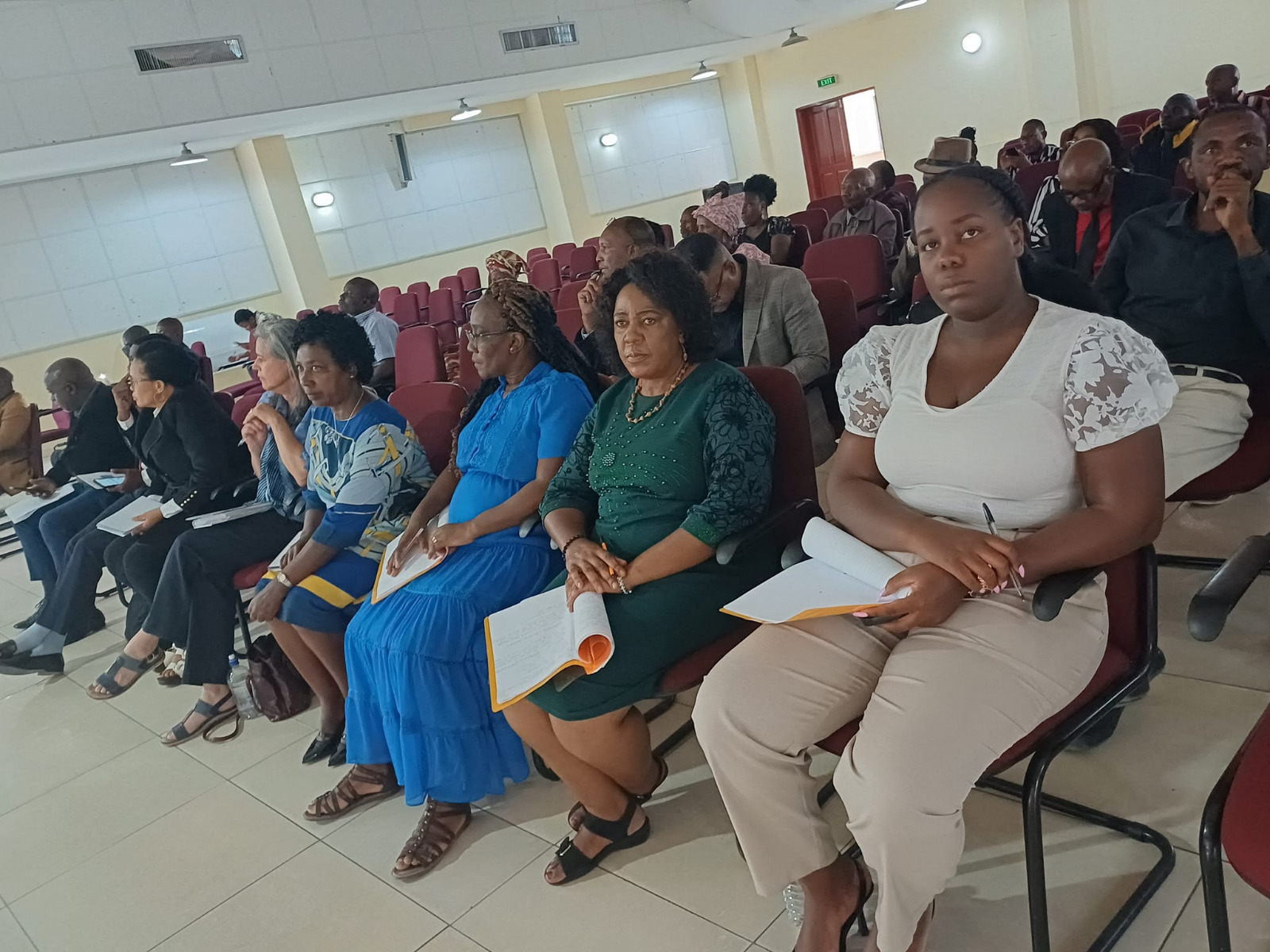A local analyst and an official from Transparency International have criticised a recent decision by Iceland’s Energy Fund to grant fishing and fish-processing company Samherji a subsidy of 100 million Icelandic krona (about N$13 million).
Samherji, which is tied to the ‘Fishrot’ fishing quota corruption scandal in Namibia, is reported to have received the grant to swop its vessel’s use of fossil fuel for carbon-free ammonia.
Samherji has been accused of paying massive bribes since 2012 to benefit from Namibia’s fishing sector.
Transparency International’s Atli Thor Fanndal says the climate change subsidy raises questions about the seriousness of the Icelandic government in assisting Namibia with the corruption case.
“This is a bit tasteless . . . the fight against climate change is intertwined with the fight against corruption.
“From that standpoint, having a policy that keeps sifting millions to the wealthiest people in Iceland, Samherji included . . . is not going to signal any sort of societal change in the fight against climate change,” he says.
The Icelandic government has since blamed the scandal on Namibia’s weakness in preventing and fighting corruption.
Samherji representatives were not available to comment when The Namibian called their Icelandic office and did not respond to questions sent via mail on 31 October.
The company did not respond to another email sent to it on 2 November either.
The Namibian gave Samherji one week to respond.
Official opposition leader McHenry Venaani has said he would contact the Icelandic prime minister, cautioning against the continued support of Samherji.
He has accused the Icelandic government of acting in a predatory manner.
“They must boycott this company from accessing funding, even in its own country.
“I will be penning a letter to the prime minister of Iceland, demanding that Samherji pay reparations to the people of Namibia who have lost money through Fishrot, and that [Iceland] must do its part in bringing those people to account,” he said.
‘NOT TAKEN SERIOUSLY’
In the meantime, labour research expert Herbert Jauch says the treatment Samherji is getting from its government casts doubt on the prospects of its managers being extradited to Namibia.
“It’s clearly a sign that the Icelandic government does not take the Fishrot corruption scandal very seriously . . . nobody has been arrested in Iceland,” he says.
Minister of international relations and cooperation Netumbo Nandi-Ndaitwah and Anti-Corruption Commission director general Paulus Noa have said they are yet to see reports on the subsidy and thus cannot comment.
Namibian authorities, led by Nandi-Ndaitwah, have paid a visit to Iceland to deliberate on Samherji’s purported dubious business practices in Namibia, as reported by Stundin.
The district public prosecutor, speaking to Vísir, acknowledged having had two meetings with the officials overseeing investigative and prosecutorial efforts, expressing satisfaction with the investigation’s progress.
The grant has attracted the scorn of the former executive director of the Icelandic Environmental Association, Audur Magnúsdóttir, who, in a publication in September, has said Samherji does not need such funds.
“The small actions of the government consist largely of transferring money from the treasury to well-to-do companies which have so far largely escaped paying for the environmental damage they cause,” she wrote.
Shortly after the scandal broke in 2019, Samherji issued a statement in which it expressed its disappointment after learning that Fishrot whistleblower Jóhannes Stefánsson, a former managing director of Samherji’s operations in Namibia, “appears to have been involved in questionable business practices and possibly entangled Samherji in activities that may be illegal”.
Samherji chief executive Thorsteinn Már Baldvinsson at the time said: “Samherji will cooperate with the relevant authorities that may investigate the fisheries industry in Namibia. If such an investigation will take place, Samherji has nothing to hide.”
INSIDE THE SUBSIDY
The Icelandic ministry of environment has said the grants are part of its government’s actions on climate matters and energy exchange.
Icelandic publication Samstodin has reported that a total of 928 million Icelandic krona (N$121,7 million), which is public money, mostly went to large companies that should be able to cover the necessary investment themselves.
This is despite the Icelandic government being aware of files indicating that Samherji funnelled about US$64 million (N$1,7 billion) to a tax haven between 2011 and 2018.
Some of the money is said to have gone through Norway’s largest bank, DNB, in which the Norwegian state holds 34% of shares.
Samstodin says in addition to Ísfélagin, Samherji and Arnarlax, many big companies have received grants.
“Samherji received 100 million krona, and Arnarlax has a capacity of 96 million krona (N$12,6 million).
“Orkan […] received more than ISK 49 million (N$6,4 million), and Ölgerdin received 27 million krona (N$3,5 million).
“The companies that received the largest subsidies from the energy fund this year were Ísfélag Vestmannaeyja, Samherji and Arnarlax,” the report says.
Stay informed with The Namibian – your source for credible journalism. Get in-depth reporting and opinions for
only N$85 a month. Invest in journalism, invest in democracy –
Subscribe Now!






